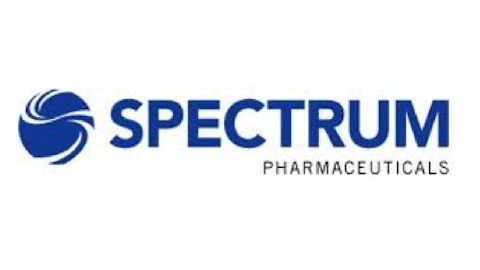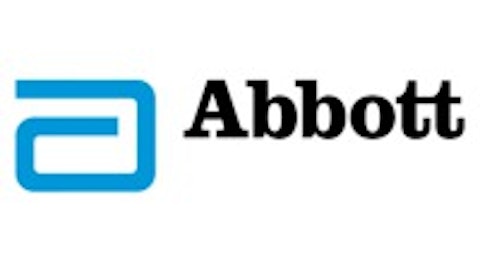U.S. generics firm Actavis Inc (NYSE:ACT), previously Watson Pharmaceuticals, reported a strong jump in its revenues in the fourth quarter and total earnings for 2012. Net revenues jumped 13% in the fourth quarter.
Although this was considerably less than 62% growth registered last year, it was compensated by the full year growth of 29%, in line with 2011. The company’s growth was aided by a strong contribution from the acquisition of Swiss generics competitor Actavis Inc (NYSE:ACT) (now the name of the new company). However, this led to a significant rise in selling, general and administrative (SG&A) costs, which nearly doubled during the quarter.
As a result of higher costs, margins suffered for both the fourth quarter and the full year. Net income reported by Actavis stood at $29 million, which was down 69% from the previous year for the quarter while full year profits dropped 62% to $98.3 million.
Following the merger with the Swiss company, the generics pharmaceutical firm has become the third largest generics player in the world. In 2012, Actavis launched more than 1,000 generic products globally. In the U.S. alone, Actavis Inc (NYSE:ACT) has more than 185 Abbreviated New Drug Applications, with 49 first-to-file opportunities that could result in six months’ exclusivity and a significant boost in sales ahead of competitor market penetration under the terms of the Hatch Waxman Act.
While cynics would point out that the costly acquisition was the biggest factor behind the disappointing results, the strategic move to acquire the Swiss competitor has not only resulted in a larger product portfolio, but has also developed the company’s capabilities outside the U.S. into European and international markets.
The company expects to generate annual synergy savings of around $300 million over the next three years as a result of the acquisition. Unfazed by the criticism, the company is continuing with its merger and acquisition efforts, having recently acquired Belgium-based Uteron Pharma for $150 million plus up to $155 million in potential future milestone payments. The acquisition of the Belgian competitor has further expanded Actavis’s pipeline for women’s health products.
Actavis is merely trying to get ahead in the generics game, which is increasingly being characterized by size and specialization. Mylan Inc. (NASDAQ:MYL), another major U.S. generics company, has also been acquiring competitors to expand its reach. However, it is not enough to expand its reach in the domestic market, which is mature compared to overseas markets such as Europe or Japan in terms of generics penetration.
Unlike in the U.S., generic drugs do not feature in top lists in Europe, which essentially indicates high potential in these markets. Mylan Inc. (NASDAQ:MYL) started its international push in a big way by acquiring the generics business of the German pharmaceutical company Merck in 2007 but has since then expanded in India too. The management was not shy, saying that it would consider deals valued at “well over” $4 billion.
The consolidation is not endless as the largest generics player Teva Pharmaceutical Industries Ltd (ADR) (NYSE:TEVA) has slowed, after growing exponentially through a series of buyouts. The Israeli-based generic major has clearly moved toward an organic growth model, said its chairman Phillip Frost in November, marking a major shift from its history of acquisitions.
Teva Pharmaceutical Industries Ltd (ADR) (NYSE:TEVA) has made 25 acquisitions in the past 10 years, including five valued at $3 billion or more. The last major acquisition for Teva was in July 2011 when it acquired a majority stake in the Japanese generic drug company Taiyo Pharmaceutical Industry.
Acquisitions will still continue to be important to Teva but the shift will be toward small to medium-sized deals that fit strategically with its pipeline.
All three companies are trying to maintain their growth rates through different strategies. While Actavis and Mylan seem to favor inorganic growth which offers instant benefits in boosting revenues and profits, Teva Pharmaceutical Industries Ltd (ADR) (NYSE:TEVA)’s more calibrated approach of limiting buyouts to “bolt-on” acquisitions is aimed at consolidating and getting the best out of the acquired businesses. As such, Teva’s strategy provides a glimpse of the things to come for Actavis and Mylan.
The article Actavis Profits Decrease As Acquisition Takes Toll originally appeared on Fool.com and is written by Jacob Wolinsky.
Copyright © 1995 – 2013 The Motley Fool, LLC. All rights reserved. The Motley Fool has a disclosure policy.



